
As she walks into the bar, Emma is greeted by the smell of the alcohol that has dried into the patterned carpet and fallen down the cracks of the wooden barrel tables. She has to lift her heels higher to stop them from sticking. Outside, it is still light but in The Long Hop it is always dark. A neon sign on the exposed brick walls reads, ‘Every hour is happy hour’.
Emma pulls up a stool three seats away from Théo and watches the same girl that he is watching. The girl is on the dancefloor, stumbling on strappy shoes. She must be about twenty. She pretends to fall into a man’s lap. Emma remembers being like that, wearing clothes like those, only truly existing if the eyes of a man were upon her.
Emma looks over at Théo. He is still handsome. But she is surprised to see that he has aged much more in person than on his Instagram.
She takes off her navy trench coat and hangs it on one of the hooks underneath the bar. She recognises the barman from when she was last over a few months back. He would not look out of place in her A-level class, but he told her last time he was twenty-two, studying for his master’s at the Sorbonne. She orders a virgin piña colada. It is milky and bland.
As she sips her drink, Emma feels her chest tighten in anticipation. She is aware that the top two buttons of Théo’s shirt are undone. She can sense him glancing over. She will wait, however. Letting her hair out of a bun, she moves her head from side to side until her curls rest on her shoulders. She catches the scent of her own perfume, which, like the regular Eurostar trips and hotels, is out of her budget as a French teacher in inner-city London. But some things are worth going into debt for.
“Good evening. I think we’re supposed to be meeting?” Théo says.
Emma turns around to look at him, raises her eyebrows and smiles.
“Théo?” she says.
It feels like the night they first met, ten years ago, at this very bar. When she last saw Théo in person, he was twenty-nine and she was eighteen. He was a businessman and she was an au pair. The lines on his forehead and cheeks have deepened, and there is grey at his temples. Emma wonders how different she looks to him. The emerald nose stud has gone. She has lost the roundness of her cheeks. The thin skin around her eyes has started to crinkle when she laughs. But she can apply makeup better now, almost as compensation.
“Wow,” Théo says. “Sorry, I thought you were someone else.”
“I am.”
Théo laughs. “It’s been a while, that’s for sure. How are you?”
“Good,” Emma says. “Over on business. Thought I’d pop in for old times’ sake. And you?”
“No complaints,” Théo says with a smile. The way he is looking at her, so intently, makes Emma briefly forget why she’s there.
“This is really a blast from the past, isn’t it?” Emma says. “Funny how things change, though. As soon as I walked in, I felt it.” She lifts her black heels up and down a few times. “Was the floor always this sticky?”
“I guess so,” Théo says, and takes a sip of his beer.
“I suppose your standards are lower when you’re young.”
“Maybe,” Théo says. “I don’t know; I still like it here.”
When he smiles at her, Emma remembers drinking wine on the steps of the Sacré Coeur and laughing all the way back to his apartment.
“Do you still have that lovely place in Montmartre?” Emma asks.
“I’ve upsized. Same area, bigger place,” Théo says. “It’s great, not that I’m ever there. I’m the CEO now.”
“Good for you,” Emma says. She can see from the expression on his face that he was expecting a bigger reaction.
After a sip of his beer, Théo says: “I could use you, actually.”
“Oh yeah?”
“Yeah. I have a lot of international clients these days. My English is still not great.”
“I’m sure you get by just fine,” Emma says.
“Do you remember that walk?” Théo says, and laughs.
Emma looks blank.
“Down the road here,” Théo says, pointing to the window. “On the way back to the Metro. We must’ve worked our way through the cocktail menu because you showed me how to do that walk, like The Monkees. I don’t know, I just remembered it now.”
“Oh yeah.” She smiles.
“You were so different to other girls. A little bit kooky. I liked that. Hard to imagine that Monkees walker on a business trip,” Théo says. “You never seemed like the business sort. Didn’t you want to be a teacher?”
“I guess people change.” Emma moves the straw around in her glass. “I’m in advertising. It’s a dream, really. I work in London, but we have a few offices across Europe, so I get to come here occasionally. I’m sorry if my French is rusty, by the way, it’s been a while.”
“Not at all; I’m very impressed, actually.”
Emma smiles and looks down. A few strands of hair fall in front of her face, and she tucks them behind her ears.
“Can I get you another drink?” Théo asks.
“I’m fine,” Emma says, motioning to the glass in front of her.
“Cocktail?”
“Mocktail.”
“Really? I always remember you drinking cocktails,” Théo says. “Sex on the Beach, wasn’t that your favourite?”
Emma feels her face flush at the mention of sex. At his mention of sex. It feels intentional.
“Can you not tell?” Emma laughs. “I guess I just assume it’s obvious to everyone else as I feel so enormous.” She rests her hand on her stomach and smooths the shirt fabric.
“Congratulations!” Théo says. “Do you know what you’re having?”
“A boy.”
“Have you thought of a name?”
Emma looks down at her lap, fiddles with her bracelet. “Narrowing it down. How about you? Do you have kids? I know you always loved them.”
“Me? No,” Théo says.
“You men are lucky – you have so much time.” She laughs. “It’s not fair!”
Théo smiles, shrugs his shoulders.
“Are you married?” Emma asks.
“No,” Théo says. Emma notices him glance at her rings. “I’m actually being set up with someone tonight. That’s why I’m here, although I’m not sure why I agreed to it now.” He looks at his watch and then around the bar. “You?”
“Yes.”
Théo picks some lint from his trousers. “I’m sorry,” he says. “I still think about it sometimes. It was the pressure of seeing everyone else move on in life, you know? I was a young guy, career-focused, having fun, and then all of my friends seemed to be getting married, having kids, and there I was…”
“With a teenager?” Emma laughs. “I guessed it was something to do with the age difference.” She smiles, takes a breath. “The idea of turning thirty, I get it now. It messes with your brain. Life feels serious all of a sudden.”
“You should try forty,” Théo says. “And I’m sorry. I should’ve behaved better. But I’m honestly really glad you’re doing so well.” He gestures to her, both palms open. “Look at you. You’ve got everything you could want. All grown up.” He finishes his drink.
Emma finds herself staring at the leftover foam in Théo’s glass. She thinks back to that lovely apartment in Montmartre, how the clouds drifted over rooftops. She remembers sleeping with Théo on the eve of his thirtieth birthday, and then eating cake with him in bed the next day. And then she left to spend Easter with her family back home in Devon. It was harder and harder to get hold of Théo and when she did, he told her the ex he had once lived with was engaged, and that his best friend had asked him to be a godfather to his child. And she had told him about meeting up with friends from school and hanging out in the clubs they used to have to lie to get into. How it wasn’t as fun now it was no longer illicit.
When Emma came back to Paris, Théo ignored her calls. A few months later, drunk after a France versus England football match, he left a message on her phone: well done on the match, and sorry for everything. But when she called the next day, and the day after that, he didn’t pick up.
The music is louder now and she has to push her voice to be heard. “Speaking of which, this little boy is making me tired and I have an early meeting tomorrow, so I should probably be off,” she says.
“Of course. It was so nice to see you.” Théo leans in to give her a kiss on both cheeks. She has to resist the urge to turn her face, to find his lips, to undo another button on his shirt.
Outside, Emma fumbles in her bag and then opens up an umbrella. She takes out her phone and waits around the corner, glancing occasionally at the bar. Théo is watching the girls on the dancefloor. She flicks through his Instagram again. Photos of parties and city breaks. Posts about after-work dos, football matches, friends’ weddings. And that recent post about being nervous ahead of his blind date tonight.
Emma wonders if this is Clémence coming now. A woman walks briskly past her. She has auburn eyes, hair curly and brown like Emma’s. She is pretty enough, but Emma doubts that she is young enough. Emma waits outside The Long Hop for a few minutes, looks up from her phone to the two of them at the bar. The barman pours them each a glass of red wine, and Emma watches as Théo moves his half-empty beer glass to one side. They are talking; Clémence is laughing, perhaps a little too hard. And Théo is trying not to get caught looking at a blonde girl, over Clémence’s shoulder, who is playing with him, toying with him, aware of her power.
Out of view of The Long Hop, down a side street with a view of the Notre Dame, Emma does The Monkees walk for a few steps and laughs out loud. The rain slants, soaking her despite the umbrella.
This will be the last trip. All of this business has already meant she is overdrawn. She has made her point now; he has seen her.
Once safely back in her hotel room, Emma unfastens the prosthetic pregnancy bump and throws it onto the bed. It is an odd-looking thing. In the bathroom she finds a towel and dries the sweat from her stomach.
Then she sits at the dresser and takes off her rings. In the mirror, she notices the green marks they have left on her finger, like bruises. She rubs them until they disappear.
This post is brought to you by
hummingbird copy
Need a writer for your business or project? Call hummingbird copy for strategic, impactful copy and comms, and tone of voice consultancy.

About The Author
Rebecca Lawn is a freelance writer based in Cardiff. She has an MA in Creative Writing from Cardiff University. Her short stories have been published in The Lonely Crowd, Litro and The Fiction Pool, amongst others.
Bandit Fiction is an entirely not-for-profit organisation ran by passionate volunteers. We do our best to keep costs low, but we rely on the support of our readers and followers to be able to do what we do. The best way to support us is by purchasing one of our back issues. All issues are ‘pay what you want’, and all money goes directly towards paying operational costs.





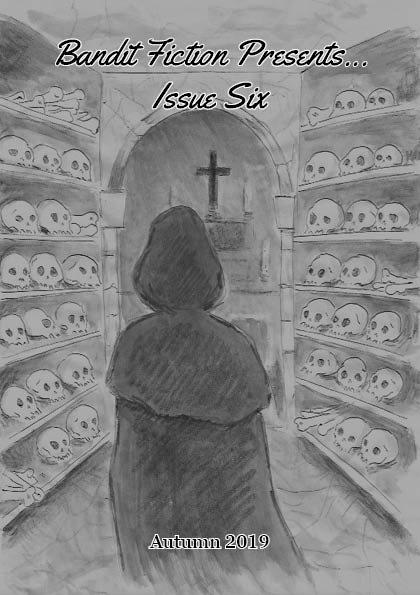








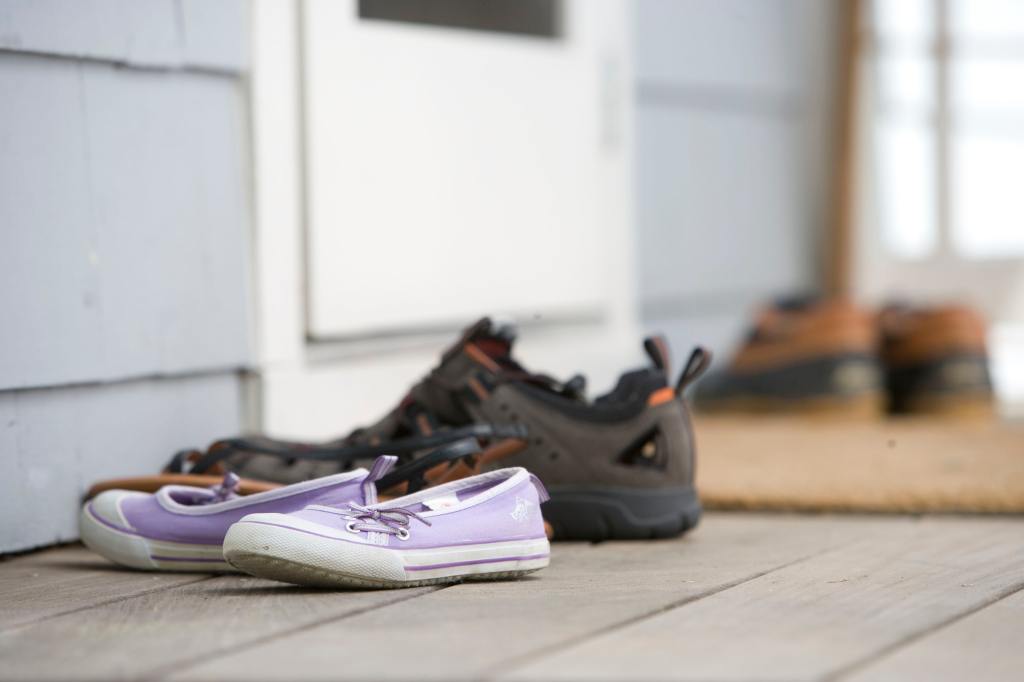

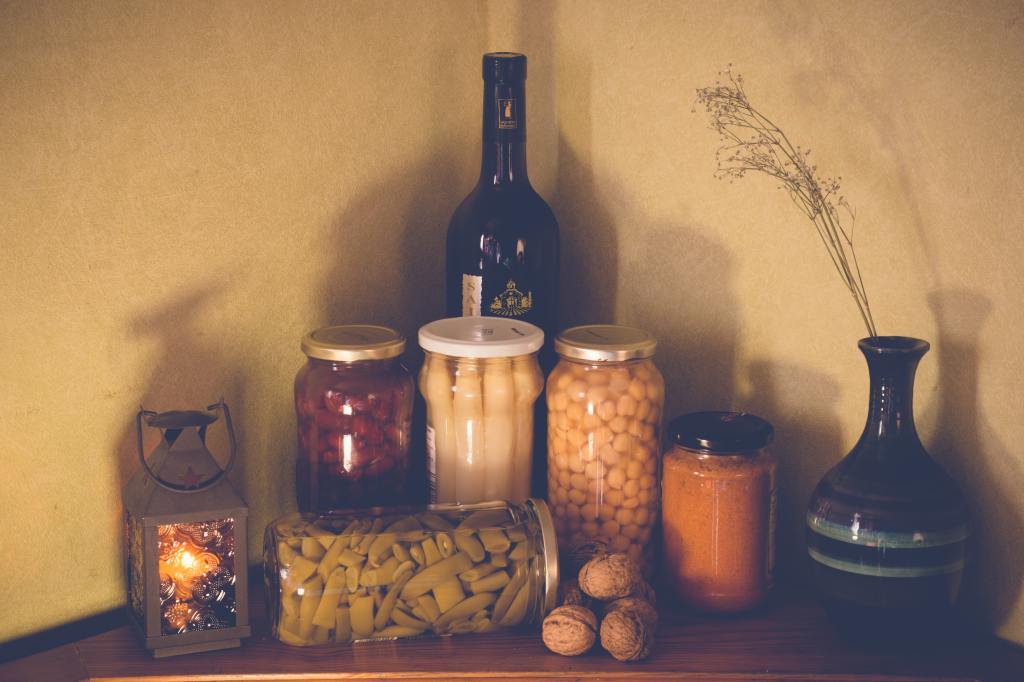


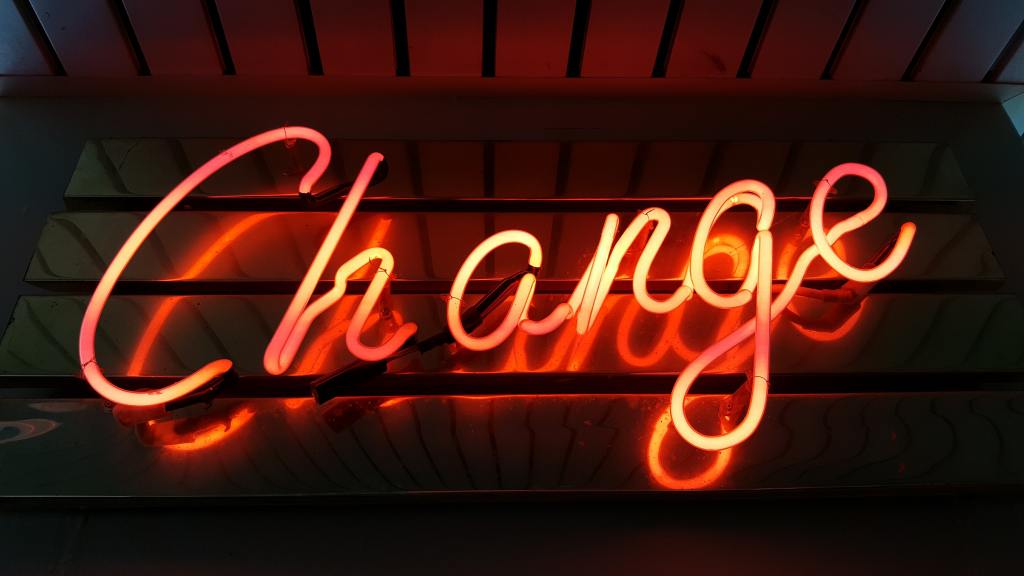

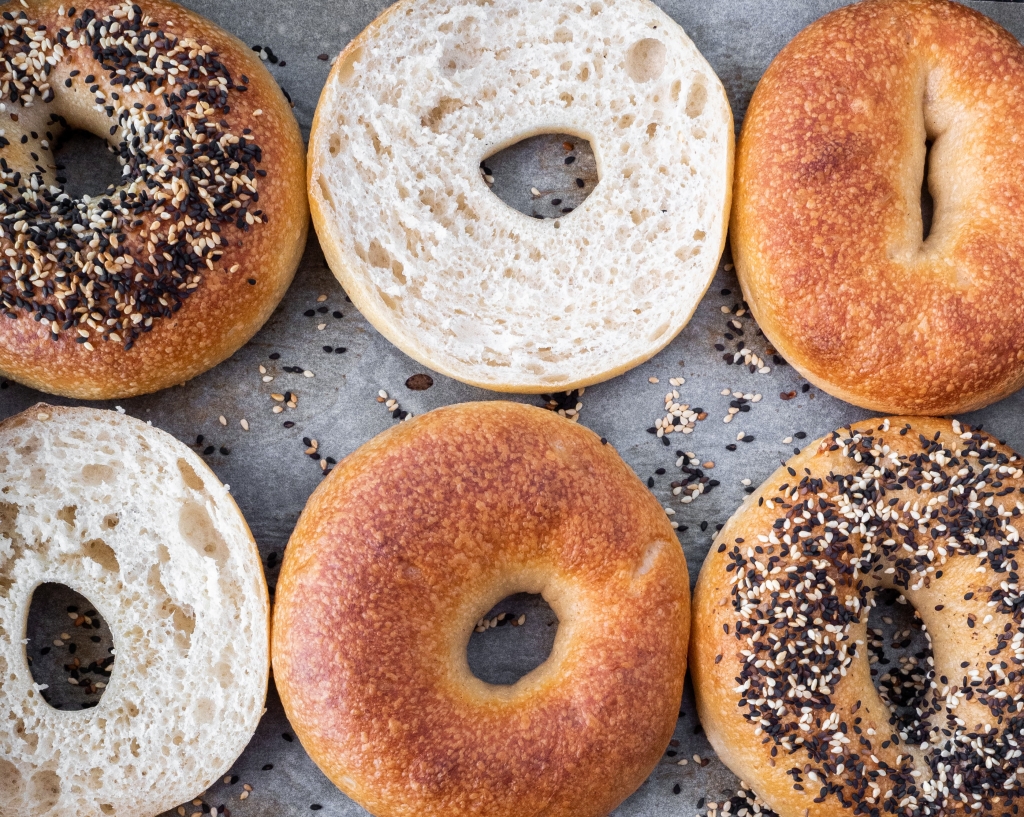
Leave a Reply